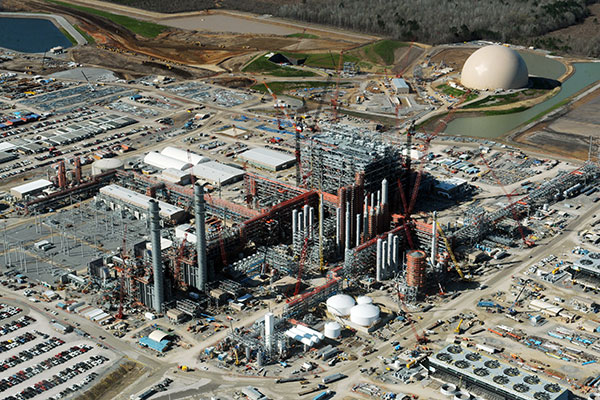Mississippi Power’s plant in Kemper County was supposed to produce electricity using lignite coal, but delays in the project and increasing costs led to the plant ending that pursuit with costs rising past $7 billion.
After years of discussion, a meeting of the Public Service Commission brought a final ruling on how the company will pay back those funds, and none of it will be paid by you or any Mississippi Power customers.
The commission had two requirements that the electric company needed to meet which were:
- Any proposal brought before them should result in no rate increase and preferably a rate decrease for residential customers.
- Additionally, Commissioners insisted that all risk be removed from ratepayers for the lignite coal related assets located at the facility.
The company met the requirements, and as a result, the average customer will see a decrease in their monthly bill of 2.4% ($3.00). So far, Mississippi Power has been able to write off $6.4 billion of the project, and the PSC says that this means no customers will have to pay for the remainder.
The PSC had previously agreed on a Commission order back in June 2017 to encourage both sides to come to final conclusion on the matter. After the ruling, Southern District Commissioner Sam Britton said that he is glad have this issue resolved.
“Since being elected in 2015, it has been a top priority of mine to resolve Kemper and to ensure Mississippi Power customers are protected with the resolution of this case.” Southern District Commissioner Sam Britton said. “I’m proud of the work that was done to close the Kemper Case with this rate reduction for Mississippi Power customers. The people in South Mississippi have waited long enough.”
Back in 2015, the company was ordered by the Mississippi Supreme Court that they must refund over 180,000 customers in south Mississippi for rate increases which were related to the project.
When the project was approved back in 2010, it was supposed to become the first-ever energy plant to use gasification and carbon capture technologies. According to energy.gov, gasification is a process that “enhance efficiency, environmental performance, and reliability as well as expand the gasifier’s flexibility to process a variety of coals and other feedstocks.”
The company had also touted the technology as a way to reduce carbon emissions commonly associated with power plants.
The plant halted coal gasification in June 2017, and has continued and will continue to produce electricity through the use of natural gas. Mississippi Power issued a statement of their own as they move forward from the failed project.
Mississippi Power is pleased with this final order from the Public Service Commission, which effectively settles all costs associated with the Kemper County energy facility.
Throughout the settlement process, Mississippi Power has met each directive from the Commission and has worked with key parties to ensure our customers are shielded from any increase in rates related to Kemper.
We look forward to the continued operation of this efficient natural gas facility, which has been serving our customers for more than three years.”
In addition to Britton’s statement, both of the other PSC commissioners in the state concurred and are glad to put this issue to rest.
“Through strong Commission leadership we have protected the customers of Mississippi Power, lowered their rates and closed the book on this case. Since 2008, I have made it my mission to ensure that the public interest was fully protected in this case. I can now say that has been accomplished,” said Chairman Brandon Presley.
“We are pleased that this settlement agreement will result in a rate reduction for Mississippi Power customers,” said Central District Commissioner Cecil Brown. “We are also pleased that Mississippi Power Company customers have never paid, and pursuant to this agreement, will never pay for any of the costs of the failed gasifier.”
The cost of the plant was originally thought to be around $2 billion, but the delays and complications surrounded the technology drove the prices up until the project was no longer feasible.




